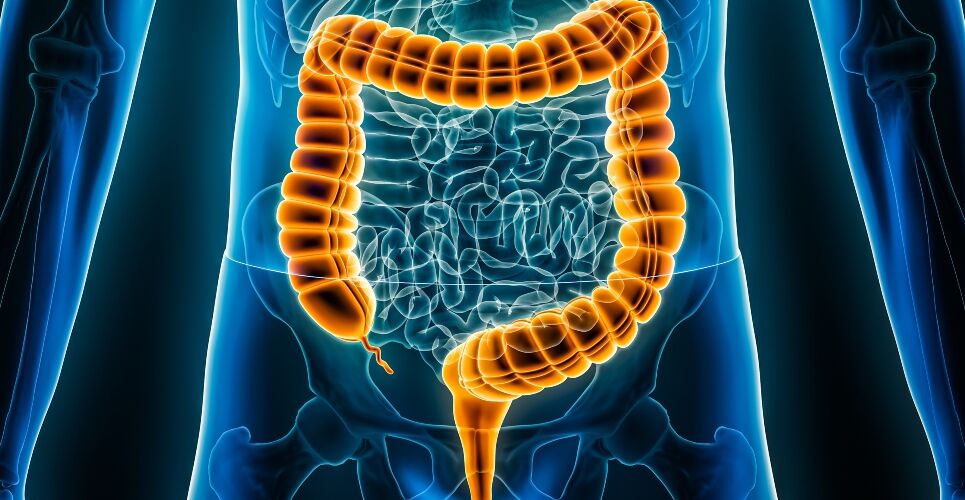Etrasimod (brand name Velsipity) has been granted marketing authorisation by the European Commission (EC) for use in eligible patients with ulcerative colitis (UC), its manufacturer Pfizer has announced.
It is approved to treat patients aged 16 years and older with moderately to severely active UC who have had an inadequate response, lost response, or were intolerant to either conventional therapy or a biological agent.
This means etrasimod has received the first global approval of an oral advanced UC therapy for use in older adolescents.
The marketing authorisation is valid in all 27 EU member states as well as Iceland, Liechtenstein and Norway.
The approval of etrasimod follows a positive opinion from the European Medicines Agency’s Committee for Medicinal Products for Human Use in December 2023.
Commenting on the approval, Dr Séverine Vermeire, professor of medicine at KU Leuven in Belgium, said: ‘For the 2.6 million people in Europe living with UC, the unpredictable physical, mental, and emotional impacts of the condition can be debilitating. They may cycle through several different conventional treatment options to find relief for their symptoms.
‘The approval of Velsipity helps bridge the gap for those with moderately to severely active UC who need an effective advanced treatment but may be apprehensive about using injectable therapies like biologics.’
The oral, one-daily selective sphingosine-1-phosphate (S1P) receptor modulator selectively activates S1P receptor subtypes 1, 4 and 5, with no detectable activity on S1P.
Etrasimod can help eligible patients who are struggling to achieve remission with conventional therapies and has a favourable benefit-risk profile, Pfizer said.
Clinical efficacy of etrasimod
The EC marketing authorisation of etrasimod was based on results from the phase 3 ELEVATE UC 52 and ELEVATE UC 12 trials, for which Dr Vermeire was an investigator.
These trials evaluated the safety and efficacy of etrasimod 2 mg once daily on clinical remission in UC patients who had previously failed or were intolerant to at least one conventional, biologic or Janus kinase inhibitor therapy.
The coprimary endpoints in ELEVATE UC 52 were the proportion of patients who achieved clinical remission at week 12 (induction period) and week 52 (maintenance period).
The researchers found a significantly greater proportion of patients in the etrasimod group achieved clinical remission compared with patients in the placebo group at completion of the 12-week induction period (74 [27%] of 274 patients vs 10 [7%] of 135 patients) and at week 52 (88 [32%] of 274 patients vs 9 [7%] of 135 patients).
The primary endpoint for ELEVATE UC 12 was the proportion of patients in clinical remission at the end of the 12-week induction period.
Some 55 (25%) of 222 patients in the etrasimod group had clinical remission compared with 17 (15%) of 112 patients in the placebo group at the end of the 12-week induction period.
Both studies also achieved all key secondary efficacy endpoints, with a favourable safety profile consistent with previous studies of etrasimod.
The most common adverse reactions were lymphopenia (11%) and headache (7%).
The drug also demonstrated improvement in the total inflammatory bowel disease questionnaire score, which measures health-related quality of life.

